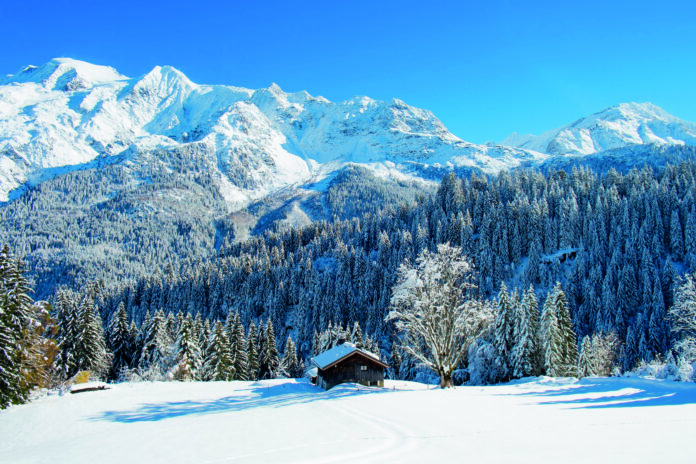
A new report published by UNESCO on behalf of UN-Water, titled ‘Mountains and glaciers – Water towers’, reveals the extent to which climate disruption, biodiversity loss and unsustainable activities are transforming mountain environments at an unprecedented rate, threatening the water resources upon which billions of people and countless ecosystems depend.
This 2025 edition of the United Nations (UN) World Water Development Report highlights the importance of mountain waters and alpine glaciers, which are vital for meeting basic human water supply and sanitation needs.
These water sources are also essential to ensure food and energy security for billions of people living in and around mountain regions and areas downstream, supporting economic growth through various water-reliant industries.
The report highlights that as the ‘water towers’ of the world, mountains are an essential source of freshwater, storing water in the form of ice and snow during cold seasons, and releasing it during warmer seasons as a major source of freshwater for users downstream. They play a unique and critical role in the global water cycle and affect atmospheric circulation, which drives weather and precipitation patterns.
While highlighting the concerning impact that climate change is having on mountain and glacial environments, the report offers solutions to help simultaneously mitigate and adapt to rapid changes in global frozen water resources. It provides a clear overview of current environmental conditions, along with recommendations of necessary response measures, including the urgent need to drastically reduce carbon emissions.
By detailing the connections between mountain freshwater, essential services and the natural world, the report highlights the critical importance of conserving the cryosphere and the potential consequences for the Sustainable Development Goals (SDGs).







